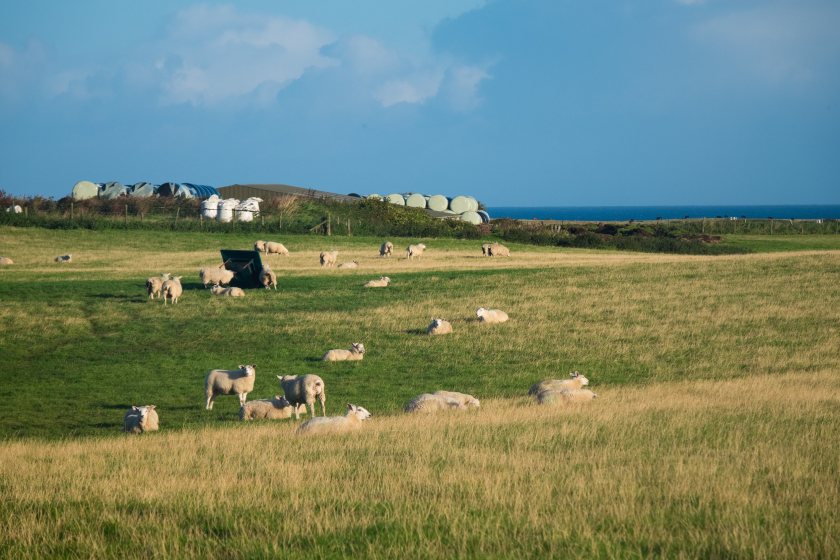
Calls have been made for a all livestock imports to be paused in order to protect the island of Ireland from bluetongue as infection rates rapidly rise in Britain.
The Ulster Farmers’ Union (UFU) and Irish Farmers’ Association (IFA) have jointly made the plea amid a 'critical time' for the farming industry.
So far, both Northern Ireland and the Republic of Ireland have managed to remain free from bluetongue 'BTV-3' to date.
However, in England, a total of 70 farms have reported an outbreak of the disease since late August, which was this summer's first case.
Seven counties - East Yorkshire, East Sussex, Norfolk, Suffolk, Essex, Lincolnshire and Kent - have recorded BTV-3, with numerous restricted zones in place.
Europe is also under increasing pressure with cases soaring, with Northern France alone confirming around 700 cases.
UFU President William Irvine warned that the threat of bluetongue was 'huge' for the island of Ireland's beef and sheep enterprises.
"Now is the time to act, and we need all livestock imports to be paused immediately," he added.
"If a BTV-3 outbreak is detected in Northern Ireland or the Republic, the impact on trade, both within the country and the import/export market, will have significant consequences for farmers and their livelihoods."
IFA President Francie Gorman added that the introduction of BTV-3 onto the island of Ireland would cause serious disruption to live trade for cattle and sheep.
"[It] would immediately stop the live sale and export of animals from within the restriction zone that would be established," he warned.
The IFA president has already highlighted to the Irish government the importance of taking all precautions to reduce the risk of the disease entering the country.
Farmers must also ensure they are 'acting responsibly' to protect animals and the island of Ireland from the introduction of bluetongue.
Most spread to date has been wind borne midges, but infected animals, infected foetuses and germinal products can also spread the disease.
Farmers have also been asked to consider the consequences of importing cattle and sheep that could be carrying the disease.
Mr Irvine said that animals were 'totally vulnerable' to this disease: "We do not want our farm families to experience the devastation of BTV-3 or for it to take hold in our livestock industry.
"We all need to be aware of how dangerous BTV-3 is to our cattle and sheep, especially when a vaccine has not yet been approved here.
"Please keep an eye on your stock for signs and symptoms of BTV-3, particularly sheep, as they’re showing more clinical signs than seen in previous years."
Farmers in Northern Ireland and the Republic of Ireland should contact their respective agricultural department - DAERA and DAFM - if they suspect BTV-3.
